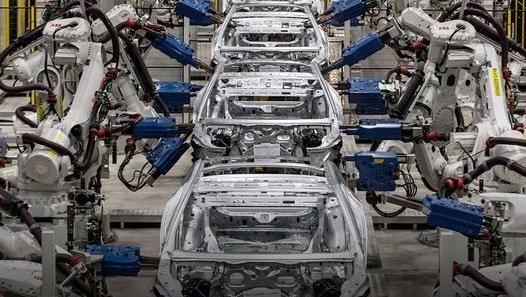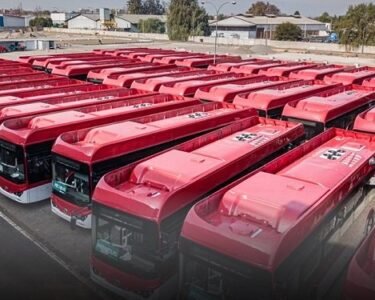Pakistan’s automobile market has been struggling with record-high prices, making it increasingly difficult for consumers to afford new vehicles. However, a recent agreement between the Pakistani government and the International Monetary Fund (IMF) to reduce import tariffs could provide significant relief. This move is expected to create a more competitive market, potentially leading to lower car prices and improved affordability for consumers.
IMF’s Push for Tariff Reduction
As part of the IMF-backed economic reforms, Pakistan has agreed to reduce import tariffs significantly. The IMF has demanded a one-third reduction in the effective average import tariff over the next five years, bringing it down to just 7.1%. The aim is to foster foreign competition, reduce price distortions, and make essential goods, including automobiles, more affordable.
The current high car prices in Pakistan are largely due to government-imposed regulatory duties and protectionist policies that have shielded local automakers from international competition. While this approach has helped domestic manufacturers maintain their market dominance, it has also led to unchecked price hikes. The lack of foreign competition has allowed automakers to set higher prices, making it increasingly difficult for middle-class consumers to afford new cars.
Free Trade Agreements and Their Impact
Pakistan’s auto sector has also been affected by Free Trade Agreements (FTAs), particularly with China. The government has previously used high regulatory duties to curb imports, further restricting consumer access to affordable cars. This has created an artificial price inflation in the market, limiting consumer choices and keeping prices at record highs.
What the New Tariff Policy Means for Consumers
The new National Tariff Policy, set to take effect in July 2025, aims to change this trend. Under the agreement, Pakistan will:
- Eliminate additional customs duties
- Reduce regulatory duties by 75%
- Withdraw certain tax concessions under the Customs Act
By 2030, the weighted average tariff for automobiles will drop to just 5.6%, significantly lower than current levels. This shift is expected to encourage more foreign car brands to enter the Pakistani market, leading to increased competition and, ultimately, lower car prices.
Long-Term Economic and Industrial Impact
While the immediate cost of reducing tariffs may affect government revenue, the long-term benefits could be substantial. A more liberalized auto market will:
- Provide consumers with more affordable car options
- Encourage foreign direct investment (FDI) in the auto sector
- Promote technological advancements and innovation
- Reduce the dominance of a few manufacturers, leading to fairer pricing
Furthermore, the IMF has emphasized the need for Pakistan to maintain reduced tariffs beyond 2027 to ensure long-term economic stability. The government has agreed to keep these lower tariffs unchanged for at least three years, focusing on export-led growth and the development of green and technology-driven industries.
The reduction in import tariffs marks a significant shift in Pakistan’s economic and automotive policies. If implemented effectively, this move will not only benefit consumers by making cars more affordable but will also stimulate industrial growth and attract foreign investment. As the policy unfolds, the coming years could see a more competitive and consumer-friendly automobile market in Pakistan.






